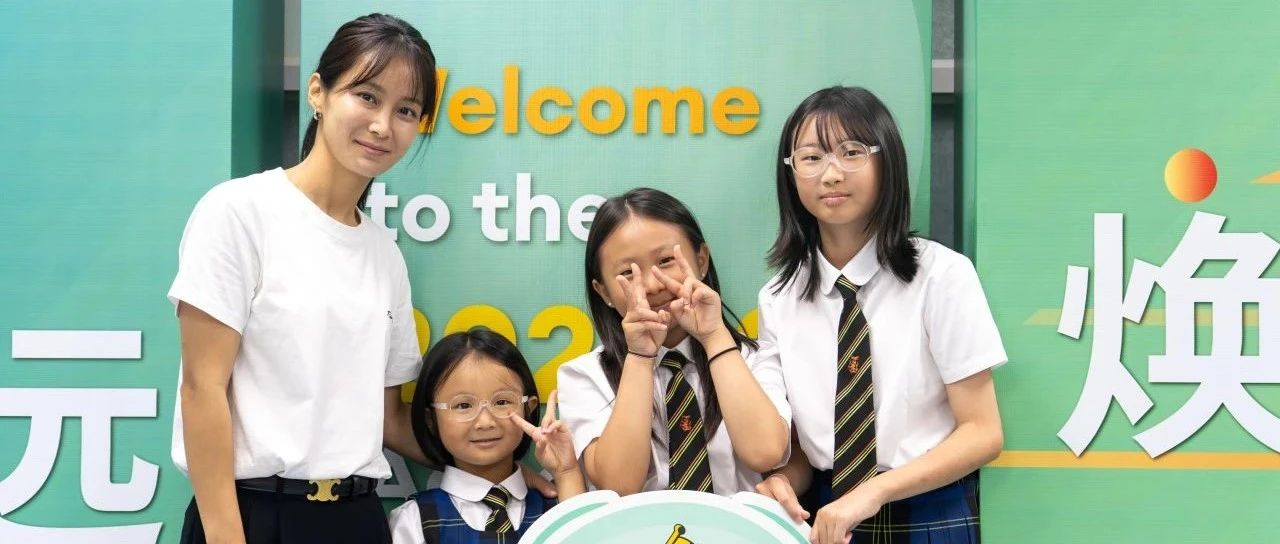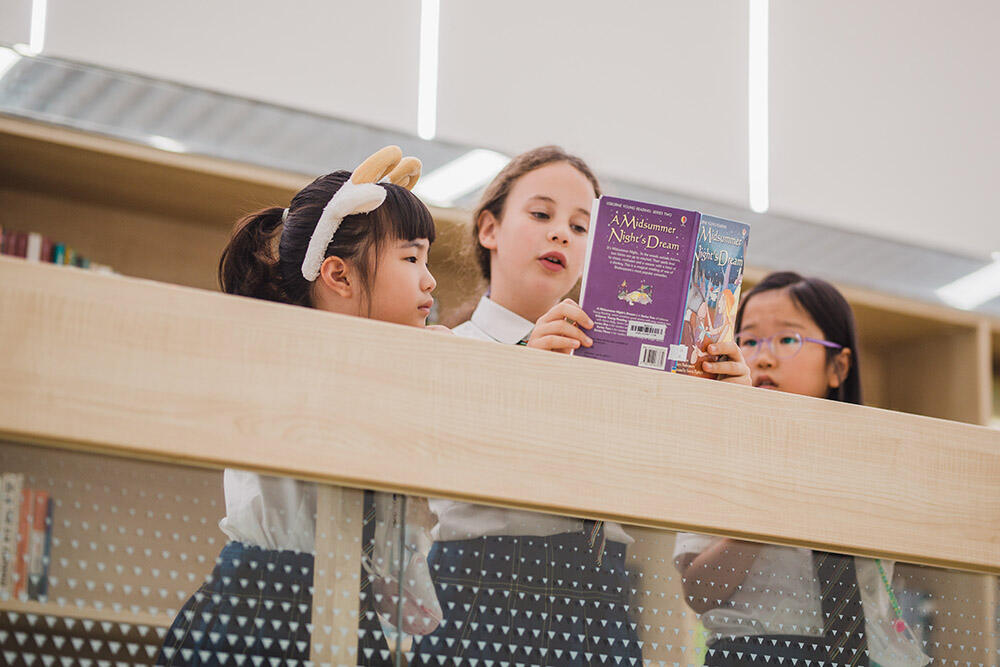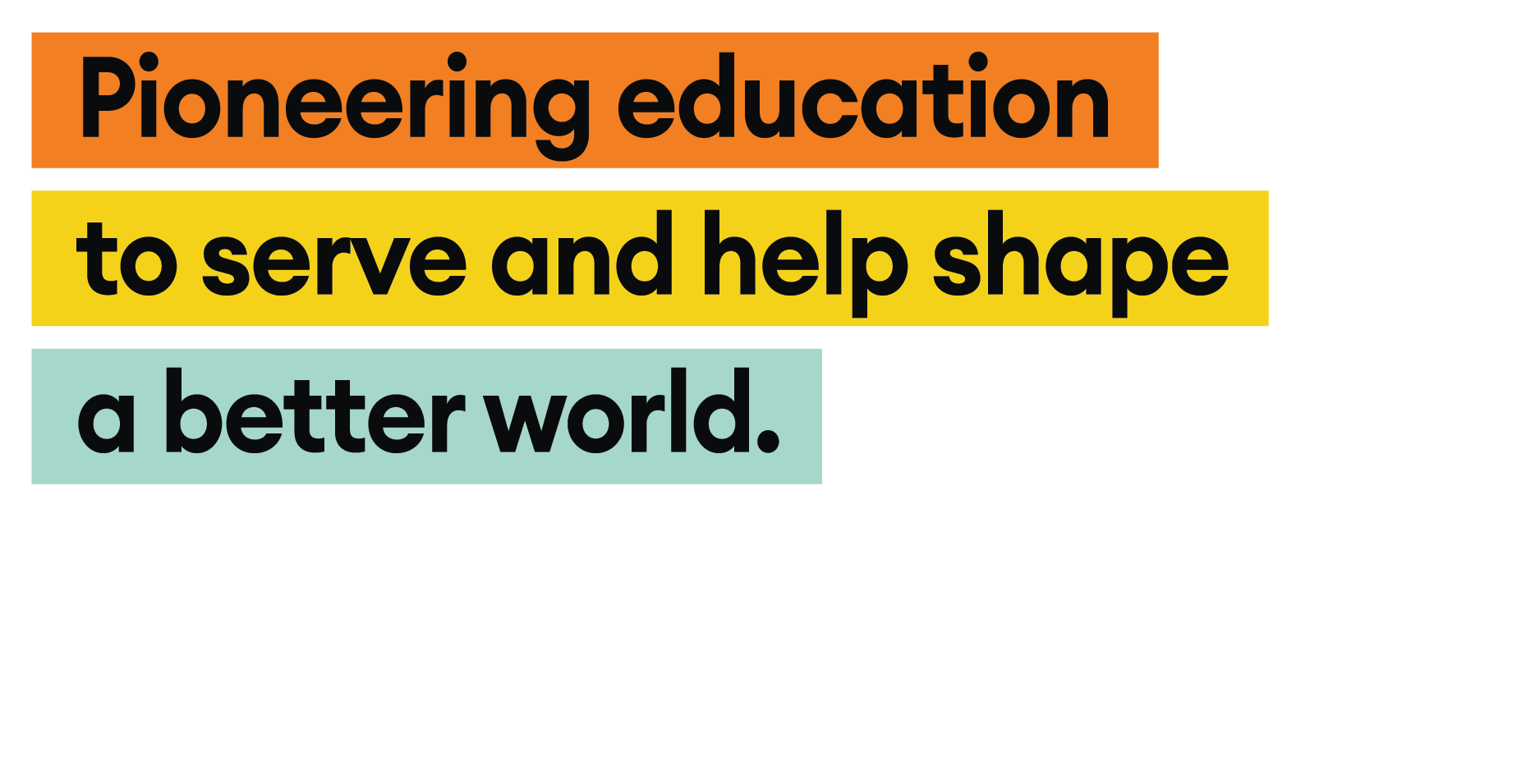Educational Insights | Trends in Education

From Senior Director of Academics Wellington College Education (China) Ahmed Hussain
The landscape of education will be marked by reforms and debate about ‘what’ and ‘whose’ knowledge should be at the core of the experienced curriculum. Technology will assist in increasingly personalised approaches to learning. Global, social and environmental responsibility will be highly valued.Trend 1: Further integration of technology
Implications for education, schools and classroom practice
- VR and AI: Access to new/big data
- Technology integrated into learning, ‘anytime, anywhere’ impact on pedagogical approach and the role of teacher (teacher training) to focus on truly personalised learning
- Resource banks; role of the teacher is to personalise learning
- Connectivity to the world; global perspectives

Trend 2: Curriculum reforms
Implications for education, schools and classroom practice
- Evaluation of what knowledge and skills comprise a relevant curriculum and how do we assess it
- Holistic education
- Focus on progression not chronological age
- Curriculum structured around projects that integrate traditional content with personal and social development
- Movement away from existing subject focused content to that which integrates subjects
- Emphasis on transferable skills and knowledge; independence, resilience, interpersonal skills, metacognition, concepts of evidence, literacy and numeracy, digital literacy
- Higher order thinking, problem solving, creativity are authentically
- Reforms in assessment (AI)
- Vocational and skill-based training for some, segregation in education

Trend 3: Global citizenship, social and environmental responsibility
Implications for education, schools and classroom practice
- Importance of a global mindset, pluralist outlook
- More focus on connectivity to other cultures and languages; especially Far East and belt and road countries, Africa
- Authentically part of the curriculum
- Assessed

Trend 4: Wellbeing and personal development
Implications for education, schools and classroom practice
- For some schools, development of wellbeing in pupils will be a key focus
- Investment in pastoral care and personal development
- For others, focus on conformity and service

Trend 5: The role of the teachery
Implications for education, schools and classroom practice
- Movement towards focus on supporting pupils acquire knowledge not the owner of the knowledge
- Focus on personalising and access to a body of resources to be applied
- A researcher; context specific
- Overlap between social and medical services and the school

Trend 6: The concept of a school
Implications for education, schools and classroom practice
- Schools will be integrated into community hubs; doctors, library, community & sports centre, the arts (theatre and gallery)
- A feature of the redevelopment of the ‘high street’
- Differentiated start times

Trend 7: Long term aims for education
Implications for education, schools and classroom practice
- Education will seek to resolve the issue of significant increase in unemployment
- Promote agency in social and environmental causes
- Develop skills of autonomy and self-sustainable communities
 Would you like to learn more about Wellington College International Tianjin?
Registration is now open for families who would like to know more about our unique approach to teaching and learning as well as how we support graduates attain their top goals for university entrance. You can arrange a visit by scanning the QR code below. Our admissions’ team is available to host individual campus tours and to help you to discover what makes Wellington College special.
Would you like to learn more about Wellington College International Tianjin?
Registration is now open for families who would like to know more about our unique approach to teaching and learning as well as how we support graduates attain their top goals for university entrance. You can arrange a visit by scanning the QR code below. Our admissions’ team is available to host individual campus tours and to help you to discover what makes Wellington College special.

Scan the QR code to submit an enquiry
Related Articles









 Channel
Channel 
 Linkedin
Linkedin  Facebook
Facebook  Ins
Ins 







